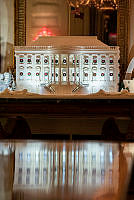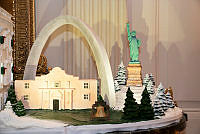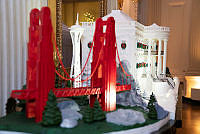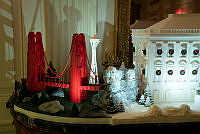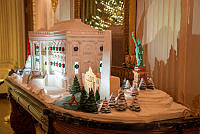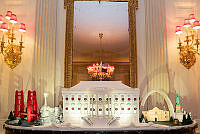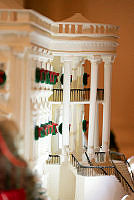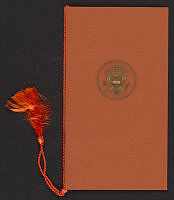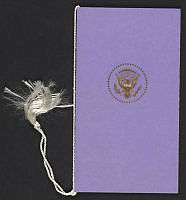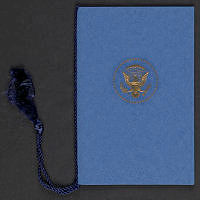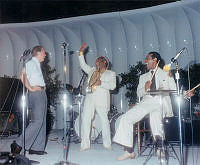The Battle of New Orleans
Copyright © White House Historical Association. All rights reserved under international copyright conventions. No part of this article may be reproduced or utilized in any form or by any means, electronic or mechanical, including photocopying, recording, or by any information storage and retrieval system, without permission in writing from the publisher. Requests for reprint permissions should be addressed to books@whha.org
Andrew Jackson arrived in New Orleans on December 1, 1814, and took charge of the city's defense, commanding that waterways be obstructed and placing guns, soldiers, militia, volunteers (including free African Americans), and Jean Laffite's Baratarian Pirates (who Jackson called "hellish banditti") at approaches to the city.
The Battle of New Orleans, fought on January 8, 1815, was a remarkable American victory. The British gambled and lost on a forward attack that sent a force of 5,300 against about 4,000 Americans dug into fortified mud and cotton bale earthworks on the east bank of the Mississippi. The British suffered more than 2,000 casualties while the Americans suffered less than 100 men killed, wounded, missing, or captured.






